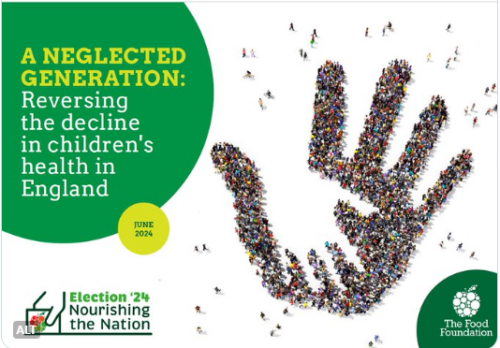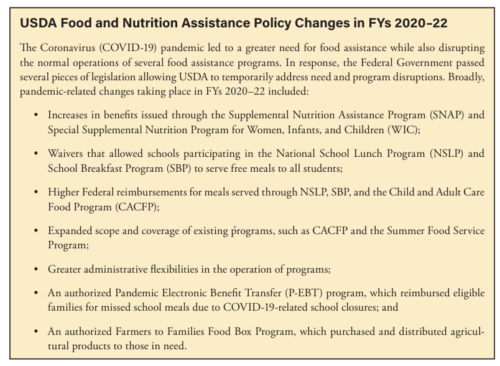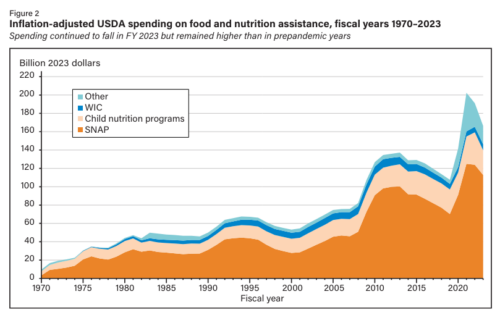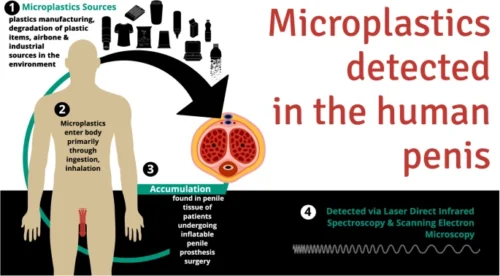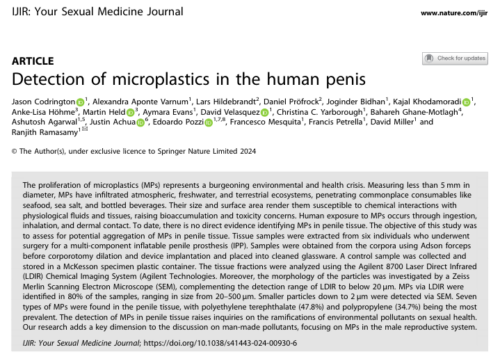Lobbying in action: Bayer wants Farm Bill protection against Monsanto lawsuits
I saw this headline in the Washington Post: Bayer lobbies Congress to help fight lawsuits tying Roundup to cancer.
The biotech giant Bayer has lobbied Congress over the past year to advance legislation that could shield the company from billions of dollars in lawsuits, part of a national campaign to defeat claims that its weed killer Roundup causes cancer in people who use it frequently…By erecting new legal barriers to bringing those cases, Bayer seeks to prevent sizable payouts to plaintiffs while sparing itself from a financial crisis.
Apparently, the House version of the Farm Bill contains a provision—drafted by Bayer—to protect the company against further lawsuits claimng that the Monsanto herbicide glyphosate (Roundup) causes non-Hodgkins lymphoma and other cancers.
Bayer helped craft that measure, then circulated it among lawmakers to rally support before later pushing the House to add it to the farm bill, the people familiar with the effort said.
Bayer also
has sought to reshape federal, state and local laws, hoping to erect a blockade against future lawsuits. Over the past year, the company has helped advance bills in Idaho, Iowa and Missouri, according to state lobbying records, each of which could effectively immunize the company against allegations that its chemicals can cause cancer. Top company executives have promised to push these policies more aggressively — and in a wider array of states — in the coming legislative year.
Comment
In 2018, Bayer bought Monsanto for $63 billion. What was it thinking? Lawsuits based on the health effects of glyphsate were already well underway, with the courts sometimes awarding plaintiffs millions of dollars in damages.
Thousands of such lawsuits are in play. Bayer admits to 170,000 in total. Bayer settled a lot of them for billions, but at least a third of these claims are still unresolved.
Bayer says glyphosate is not carcinogenic and the Environmental Protection Agency agrees. But the WHO’s International Agency for Research on Cancer, identifies glyphosate as “probably carcinogenic.”
Juries, appalled by evidence that Monsanto had hidden evidence of harm, sometimes rule in favor of plaintiffs.
Bayer’s stock prices have taken a hit.
It’s not clear whether the company will survive.
Bayer’s greed about monopolizing seed stocks brought on this problem.
The Farm Bill is not the place to solve it.
Bayer does not deserve this level of protection.
Food corporations should not be writing the Farm Bill.
Resource
Civil Eats did an investigation of Bayer’s legal strategies. See this report here.

